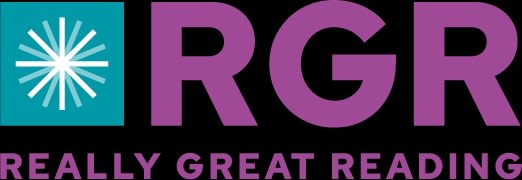Dive Brief:
- The Alabama legislature has passed a bill that would require all of the state's high schools to offer a virtual schooling option by the 2016-17 school year.
- The classes would come through ACCESS, a virtual learning program launched under Gov. Bob Riley that uses a mix of live classroom feeds and independent Web-based learning.
- School administrators have criticized ACCESS, saying its content is subpar, but state Sen. Dick Brewbaker (a sponsor of the bill) has suggested creating a task force that would make recommendations for ACCESS.
Dive Insight:
The benefit of virtual schools is that gifted students can move ahead and learn on their own terms, and those who are behind can get remediation. While this is all fine and well in theory, the reality is that many of the complaints about quality rang true in other scenarios.
One notable example is for-profit virtual school K12Inc, which announced plans last April to rebrand as Fuel Education. The company was called out on the American Federation of Teacher's site Cashing in on Kids as one of the most egregious education profiteers, and it also came under fire last year for issues including poor academic performance and allegations that it pressured districts to enroll students in its online courses — even if the students were not necessarily a good fit for virtual learning.
While that isn't to say ACCESS would face the same issues, it's a scenario anyone operating a virtual learning program in K-12 should learn from.




 Dive Awards
Dive Awards








